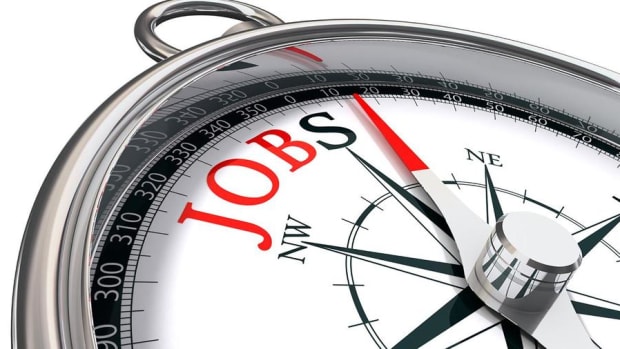FTX Collapse: Bankman-Fried Denies Being Bernie Madoff of Crypto
Sam Bankman-Fried, the founder of the FTX cryptocurrency exchange, engaged in a televised exercise, on November 30, to clear his name of accusations of fraud since the bankruptcy of his crypto empire.
Sporting a black t-shirt and occasionally sipping on a soda, the 30-year-old former trader answered questions for more than an hour about his downfall and the practices within his companies.
In a simple setting -- a painting hanging on the wall to his right and a plant to his left -- Bankman-Fried was calm, even if he sometimes appeared confused when it came to explaining the incestuous relationship between FTX and Alameda Research, the hedge fund and trading platform that he founded.
'A Lot of Mistakes'
"I made a lot of mistakes," he said. "There are things I would give anything to be able to do over again. I didn't ever try to commit fraud on anyone," Bankman-Fried said contritely to Andrew Ross Sorkin at the New York Times Dealbook Summit via Zoom. "I saw it as a thriving business and I was shocked by what happened this month.”
"Clearly, I didn't do a good job," he also said, acknowledging his duty to employees, customers, investors and regulators "to do right by them."
His goal throughout the interview appeared to be to convince viewers that there was no intention to deceive FTX customers and investors. It's hard to say whether Bankman-Fried, who follows up with another interview on December 1, has managed to change people's opinion of him. Financier Bill Ackman found him compelling, while social media put him down.
"Call me crazy, but I think @sbf is telling the truth," Ackman said.
"Bill Ackman is either deluded or falling for a sociopath (again) lmao. Cant make this up," commented one Twitter user.
'I Didn't Knowingly Comingle'
Bankman-Fried's empire was a central player in the cryptocurrency industry which is disrupting traditional financial services.
As a crypto exchange, FTX executed orders for clients, taking their cash and buying cryptocurrencies on their behalf. FTX acted as a custodian, holding the clients’ crypto.
FTX then used its clients’ crypto assets, through its sister company’s Alameda Research trading arm, to generate cash through borrowing or market-making. The cash FTX borrowed was used to bail out other crypto institutions in summer 2022.
At the same time, FTX was using the cryptocurrency it was issuing, FTT, as collateral on its balance sheet. This was a significant exposure, due to the concentration risk and the volatility of FTT.
The insolvency of FTX stemmed from a liquidity shortfall when clients attempted to withdraw funds from the platform. The shortfall appears to have been the result of FTX’s founder reportedly transferring $10 billion of customer funds from FTX to Alameda Research.
Were FTX customer funds comingled with Alameda's? he was asked during the interview.
"I didn't knowingly comingle," he replied.
He said that, back in 2019, FTX had no bank accounts globally. So some customers who wanted to transfer funds to FTX, were wiring money to Alameda which then issued a credit on their behalf on FTX. Basically, customers deposited funds on FTX via Alameda accounts.
"Look, I wasn't running Alameda; I didn't know exactly what was going on. I didn't know the size of their position," the former trader claimed. He said he should have appointed someone to oversee the relationship between FTX and Alameda.
"I was nervous because of the conflict of interest, of being too involved," the former billionaire said, while acknowledging that he did live with one or two of Alameda's employees for a while.
Here is the timeline of the downfall of FTX and Bankman-Fried.
No Question On Personal Loans
His statements support the scathing criticism of John Ray, the new CEO of FTX in charge of the restructuring.
"Never in my career have I seen such a complete failure of corporate controls and such a complete absence of trustworthy financial information as occurred here," Ray wrote in a 30-page document filed with the U.S. Bankruptcy Court in the District of Delaware.
"From compromised systems integrity and faulty regulatory oversight abroad, to the concentration of control in the hands of a very small group of inexperienced, unsophisticated and potentially compromised individuals, this situation is unprecedented."
Ray said that many of the companies in the FTX Group, especially those incorporated in Antigua and the Bahamas, did not have appropriate corporate governance: "understand that many entities, for example, never had board meetings," the new Chief Executive Officer blasted.
Bankman-Fried received a personal loan of $1 billion from Alameda, according to Ray. The firm also gave a $543 million personal loan to Nishad Singh, and $55 million to Ryan Salame, the co-CEO of FTX Digital Markets, one of FTX's affiliates.
The former trader was not asked about the loans during the interview.





